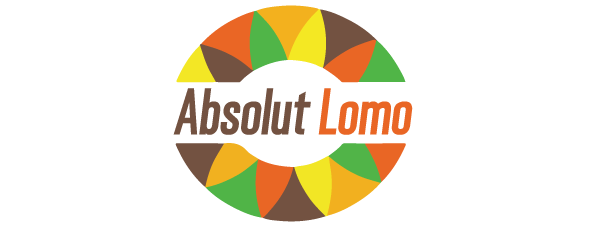Online psychological assessment has significantly influenced mental health awareness and advocacy by enhancing accessibility, reducing stigma, and promoting early intervention. This digital evolution in psychological assessment tools has democratized mental health care, making it more inclusive and less daunting for individuals worldwide. One of the most profound impacts of online psychological assessment is its role in increasing accessibility to mental health services. Traditionally, accessing psychological assessment required scheduling appointments with mental health professionals, which could be hindered by geographical, financial, or social barriers. However, online assessments can be completed remotely, allowing individuals to assess their mental health status from the comfort and privacy of their homes. This convenience encourages more people to seek help and participate in mental health screenings, potentially identifying issues early before they escalate. Moreover, online assessments have played a crucial role in reducing the stigma associated with mental health. By providing a confidential platform for self-evaluation, these tools empower individuals to confront their mental health concerns privately.
This anonymity can be particularly reassuring in cultures or communities where mental health issues are stigmatized or misunderstood. As more people engage with these assessments discreetly, it fosters a normalization of mental health discussions and encourages others to seek support without fear of judgment. Furthermore, online psychological assessments contribute to mental health advocacy by generating valuable data. Aggregate data from these assessments can provide insights into prevalent mental health challenges, regional disparities in mental health access, and effectiveness of interventions. Such data is invaluable for policymakers, advocacy groups, and healthcare providers in shaping mental health policies, allocating resources, and designing targeted interventions that address specific community needs. This evidence-based approach strengthens advocacy efforts by highlighting the importance of mental health and the necessity of accessible, equitable mental health services. Additionally, online assessments often include educational components that increase mental health literacy. Users receive information about common mental health conditions, symptoms, and available treatments as part of the assessment process.
This educational aspect not only helps individuals understand their own mental health but also promotes awareness and empathy towards others facing similar challenges. As a result, it contributes to a more informed and supportive community environment that prioritizes mental well-being. However, it is essential to recognize the limitations of online psychological assessments. While they are valuable tools for initial screening and awareness, they do not replace the comprehensive evaluation and personalized care provided by trained mental health professionals. A positive screening result should be followed up with a consultation with a therapist or psychiatrist for accurate diagnosis and appropriate treatment planning. Online psychological assessment has revolutionized mental health awareness and advocacy by breaking down barriers to access, reducing stigma, and providing valuable data for advocacy efforts. By empowering individuals to assess their mental health privately and conveniently, these tools encourage early intervention and contribute to a more supportive and educated society regarding mental health issues. Moving forward, integrating Sugar Land Psychological Associates with professional care and continuously improving their accuracy and accessibility will further enhance their impact on global mental health initiatives.
